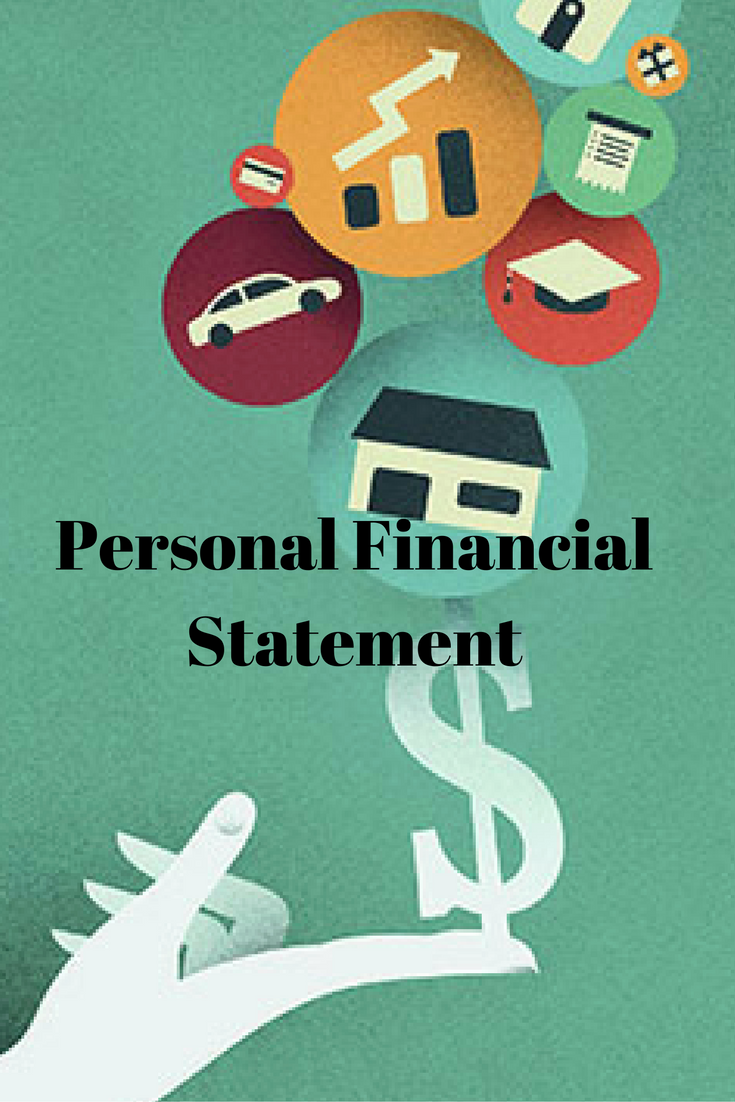One of the most valuable attributes of successful investors is being able to stick to their guns and trust their analysis even when the market is tanking.
How do you invest for the long-term? Are there certain strategies and mindsets that can be used to your advantage?
We’ll explain that and more in the following article.
Know what you are willing to risk
Whether you are someone that allocates your assets between a select few mutual funds but are looking to use a small portion of your account to enhance your returns or an investor that owns a handful of stocks, you need to be wary of how much of your total portfolio is in one security/strategy.
With either scenario, the decision of how much of your portfolio you are willing to risk in an individual security is whatever you are comfortable with. Personally, if I were in your position, I wouldn’t use more than 5% in this type of situation.
Taxes matter
If you are investing in a qualified account (tax-advantaged account) taxes don’t really have any effect on whether you should buy or sell something, or what type of security you invest in.
You’re either taxed before you deposit the funds or you pay taxes when you withdraw, otherwise the account grows tax-deferred.
If you’re investing in a non-qualified account (standard brokerage/investment account) the taxes and what securities you invest in, matters.
For example, when you invest in a mutual fund, at the end of the year, that fund will pass capital gains to the investors. It’ll come in similar to a dividend, but a much bigger number (depending on the year). You have to pay taxes on that, just like you would a dividend.
Another example, if you invest in a security and sell it for more than you bought it, you have a capital gain. If you held the security for less than 1 year, it’s a short-term capital gain. If you held it for more than 1 year, it’s a long-term capital gain. A long-term capital gain is taxed at a lower rate than a short-term gain.
Asset allocation is important
Stocks/bonds/cash. They are the three most important asset classes in investing.
I’ve written about stocks and bonds before, but the cliff notes version is stocks are risky and can reward you with high returns. They get hit hard during bear markets.
Bonds are generally less risky so you usually get a lower return. However, they tend to hold up a little better during bear markets.
Depending on where you are in life and what you’re comfortable with determines how much (by percentage) you should have in each asset class.
Someone in their 20s should have almost all stocks and a little in bonds. Maybe 90/10 or 80/20. I’d only recommend cash if they were waiting for a significant pullback and wanted to put money to work at lower prices.
Conversely, someone in their 60s that has less time to make back what they lose, would be much more conservative. Their allocation could be 40/50/10 or somewhere around there.
Keep in mind these are general rules of thumb. The most important thing with any investment is your comfort level. If you are 25 and aren’t comfortable with hanging on to your stocks during a 40% decline, be more conservative.
Fees will eat your returns
There’s no denying that trading fees, advisor fees, and the various other types of fees will reduce your returns over the long-term.
On average, expense ratios on mutual funds are much higher than expense ratios on ETFs. Though I believe paying your advisor their fee (I don’t think it should be higher than 1%) is well worth the expense, not everyone needs an advisor.
If your financial situation is relatively simple, you’re comfortable and confident with how you handle things, and you don’t foresee making any significant changes, then it’s probably not worth it.
However, it might not be a terrible idea to see one every few years to have an objective set of eyes review everything.
What’s your exit strategy?
When you invest in a security, and this is more than just asset allocation, you need to have your exit already planned. Too often, people will invest in a stock, see it climb 10% higher and then fall back down. Instead of selling with a small gain or at cost, they’ll hang onto it in hopes it’ll climb back up, even if it keeps falling.
Our emotions and our behavior is our worst enemy in investing. Having a plan and a strategy in place before you even get started is a great way to help mitigate those things from getting in the way.
Regular contributions
If you have time to ride out down markets and are comfortable with the investments you chose/the asset allocation you picked, then hang onto what you have.
An added bonus is if you are regularly contributing and adding to those positions. In a down market, those securities you invested in will get cheaper. When you regularly invest at lower prices, you effectively lower your average purchase price.
Conclusion
Investing can be very difficult, but it doesn’t have to be. In my opinion, keeping your investment plan as simple as possible paired with a unique ability to keep your emotions out of the equation is a recipe for success.
For more information about investing and for my disclosures, visit www.crgfinancialservices.com.
If reading this blog post makes you want to try your hand at blogging, we have good news for you; you can do exactly that on Saving Advice. Just click here to get started.
My name is Jacob Sensiba and I am a Financial Advisor. My areas of expertise include, but are not limited to, retirement planning, budgets, and wealth management. Please feel free to contact me at: jacob@crgfinancialservices.com

